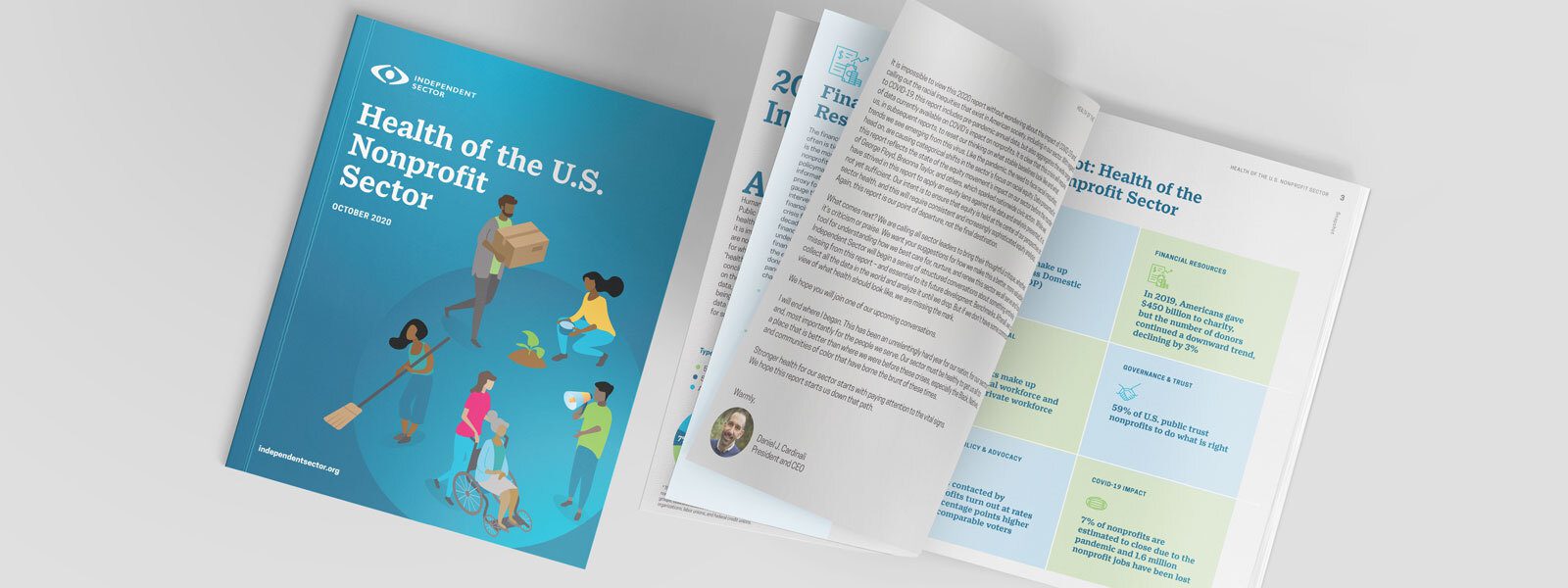Keeping It Ethical is our weekly blog series highlighting the 33 Principles for Good Governance and Ethical Practice. Throughout the series, we hope to highlight the importance of each Principle and the helpful resources associated with it and learn more from you about how you’ve incorporated these Principles into your charitable organization.
Let’s face it, we can’t underestimate the importance of donors and donations to nonprofit organizations. Donor support breathes life into our ability to do what we do: successfully execute our missions to further positive change in the communities and lives of those who we serve.
But, not all donations are good donations. In fact, some charitable contributions can potentially create significant problems for organizations, and donors as well.
Contributors may unknowingly (or worse, knowingly!) ask a charity to disburse funds for illegal or unethical purposes. Gifts also may subject an organization to liability under laws such as environmental protection rules. And what if the donation is property? Donors could face adverse tax consequences if a charity can’t use a gift of property to fulfill its mission, and opts to sell or dispose of the property after receiving it.
Oh bother. What to do?
For starters, make sure your organization has a gift acceptance policy. It will provide some protection for your board and staff, and potential donors, by outlining rules and procedures your organization will use to evaluate whether it can accept a contribution – even before an offer is actually made.
Your gift acceptance policy should:
- Be based on your specific exempt purpose to determine whether accepting a gift would compromise your ethics, financial circumstances, program focus, or other interests
- Make clear that your organization generally will not accept any non-cash gifts that are counter to or outside the scope of your mission and purpose, unless the item is intended for resale or would otherwise produce needed revenue
- List any funding sources, types of contributions, or conditions that would prevent your organization from accepting a gift
Your policy also should address:
- Relationships and sponsorship offers from businesses and other organizations to ensure that all communications with customers and prospective donors are clear and accurate, and that the terms of any payment to your organization and any related tax consequences (such as payment of unrelated business income tax for advertising provided to the business sponsor) are clearly understood by both parties
- Disclosure of contributions to the public, including the stipulation that your organization will retain complete control over use of your name and logo and of all content related to a sponsored event or program activity
- Affiliation with a particular business or product, including consideration by your board and leadership about how such affiliations might affect your organization’s reputation with donors and the public
Oh, and for good measure, your organization also should think about setting rules and procedures to determine whether a gift is acceptable, including specifying circumstances that would require review by legal counsel or other experts before a gift can be accepted.
Who would have thought there’d be so much to consider about accepting a contribution from a donor? But not to worry. We’ve got more resources to help put your best thinking toward accepting donations and establishing a gift acceptance policy:
- Gift Acceptance Policies, National Council of Nonprofits
- When It’s Smart for Nonprofits to Turn Down Donations, Good 360
- What is a gift acceptance policy? Where can I find examples? GrantSpace by Candid
- The Gift Acceptance Policy: What Is It, and Why Does Your Organization Need It? GuideStar by Candid
There’s more about Principle 30 on Independent Sector’s Principles Resources Center.
If you have additional helpful resources that support Principle 30, share them below, as well as any comments you may have. You also can use #npethics on social media.



